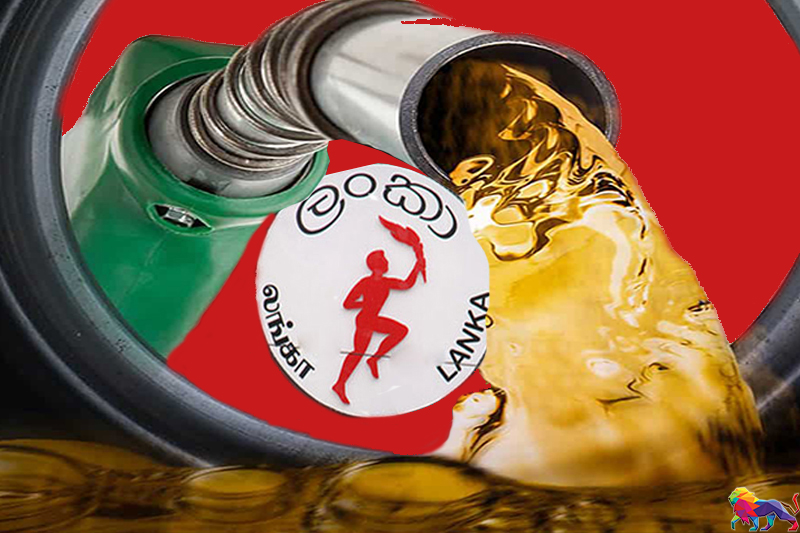At least one oil supplier has threatened to cancel the fuel supply contract if Sri Lankan authorities fail to pay its balance payment, further exacerbating the crippling fuel crisis in the country.
Leading energy trading firm, BB Energy has informed the state-run Ceylon Petroleum Corporation (CPC) that they have the right to cancel the fuel supply contract owing to the non payment of their due amount as per its provisional invoice for 280,000 barrels of gas oil within 14 days following the arrival of their shipment.
The cash-strapped government is grappling to raise US $587 million to pay for several fuel shipments with Sri Lanka facing another severe fuel crisis after the government delayed payments for shipments already anchored at Colombo Port and several other shipments on its way to the port, informed sources said.
The CPC has unloaded a diesel consignment on September 14. One 37,000 metric tonnes (MT) Petrol 92 Cargo and one 100,000 MT crude oil cargo will have to be unloaded as the suppliers are awaiting payment, a senior Energy Ministry official said.
According to the message sent by BB Energy to CPC, it sated that they should be paid 2 per cent more than the amount quoted in provisional invoice and if failed to do so the company will unilaterally cancel the contract and divert the vessel to another discharge port.
The company is making this demand after receiving 10 per cent of the quoted amount in the provisional invoice, the senior official said adding that the government is grappling to ease fuel shortage under such difficult conditions.
Some of the present suppliers are yet to be paid for their fuel cargo already delivered to the CPC and if they withdraw from the fuel supply process the country will have to face another severe fuel crisis and people will have to bear the brunt, he opined.
The Sapugaskanda oil refinery is to face the risk of closing down again if the present crude oil supply is halted amidst current difficulties triggering an energy crisis that has led to island-wide rolling power cuts. The shutting down of the oil refinery from time to time for a long period would definitely cause mechanical and technical defects; senior equipment engineer of the CPC Janaka Wijesuriya said adding that restarting the system frequently and repairs were very costly. Some spare parts will have to be imported from the US and it has become a difficult task at present due to the dollar crisis.
This situation would not have arisen if the CPC stuck to the crude oil procurement plan of importing two shipment of 90,000 metric tonnes per month and 24 such consignments per year on term tenders, he pointed out.


